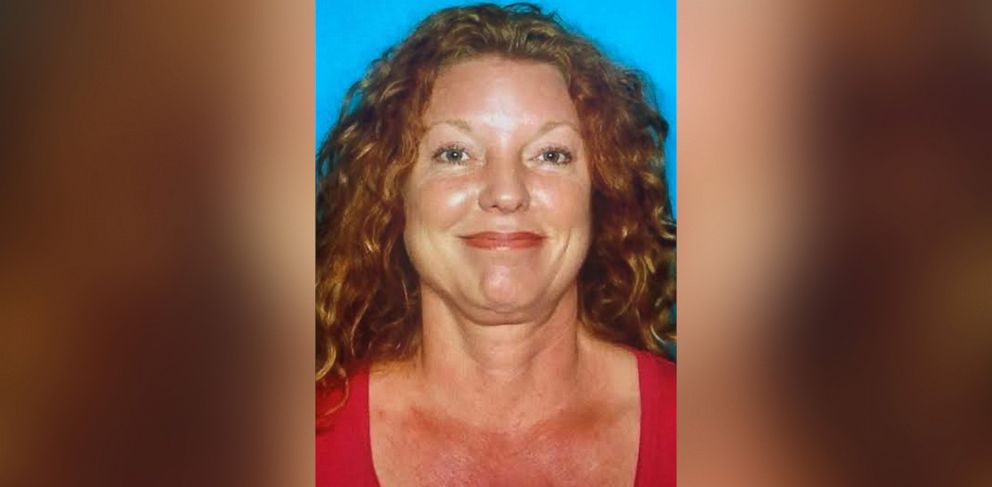Photo Shows 'Affluenza' Teen Being Detained in Mexico, Officials Say He Had Farewell Bash
— -- Texas officials are convinced that Ethan Couch, the teen who killed four people in a drunken-driving wreck in 2013, fled the country with the help of his mother.
Tarrant County Sheriff Dee Anderson detailed in a press conference Tuesday how Couch left the country and possibly violated his parole.
Anderson said Couch and his mother Tonya Couch drove their pickup truck across the border into Mexico. Anderson called it a planned escape.
Anderson did not give the specific date of the Couches alleged departure. Details about the farewell bash have not been released, but Anderson said that authorities learned from an interview with an unspecified source that it was "something akin to a going away party before they left town."
Authorities took that as evidence that such a move indicated some degree of premeditation, and Anderson said that it meant "what we had suspected all along had happened" -- that Couch and his mother were actively trying to avoid authorities.
Couch was picked up in Puerto Vallarta, Mexico, on Monday at 6 p.m. local time along with his mother, according to a spokesman for the Jalisco state prosecutor's office. Both underwent a medical checkup and were transferred to immigration authorities. According to Anderson, the Couches are still in the custody of Mexican authorities and will be returning to the U.S. "shortly."

Tarrant County District Attorney Sharen Wilson said that Tonya Couch is expected to face charges of hindering apprehension which could carry a sentence of between two and 10 years behind bars. Ethan Couch already has a hearing scheduled on Jan. 19 to allow him to be treated as an adult rather than a juvenile. If he remains a juvenile in the eyes of the court, the longest sentence he could receive is four months in confinement.
Even if he is transferred to an adult court, however, the maximum amount of time that he will spend in jail is 120 days since the adult court is bound by the terms of the original probation. If that happens, he will then have to abide by the remainder of his original 10-year probation period and will likely have to wear tracking devices, Wilson said.

Couch's attorneys released a statement prior to the law enforcement press conference saying they have not yet heard from the Couches.
"We have seen the numerous media reports indicating that Ethan has been detained by Mexican authorities and we have heard that the Tarrant County District Attorney’s Office and Sheriff have confirmed these reports to media outlets," attorneys Scott Brown and Wm. Reagan Wynn said in a statement.
"At this point, we have not had the opportunity to speak with our client and we do not anticipate being able to do so unless and until he arrives in the United States. Until we have more information concerning this situation, it would not be prudent for us to make any further public statement," they said.
Couch was convicted of four counts of intoxication manslaughter but was not sentenced to any jail time; instead, he was given 10 years' probation -- a punishment considered a mere slap on the wrist by critics, and one that outraged the victims' families. Part of his parole mandates that he regularly checks in with his parole officer and that he not drink alcohol for 10 years.
Couch's defense team, which included psychologist Dr. G. Dick Miller, argued that the teen suffered from "affluenza," meaning his irresponsible behavior and lifestyle were a product of his affluent upbringing and "profoundly dysfunctional" parents. Although lawyers in the case did not specifically use "affluenza" as Couch's defense, Miller used the term in his testimony as a paid witness for the defense.
A juvenile judge in Texas issued a "directive to apprehend" -- effectively a warrant -- for Couch on Dec. 11, but it is still unclear when he may have left the state.
Juvenile probation check-ins are typically monthly, Texas authorities said, but because local juvenile court system mandates that parole check-in records are not publicly released, investigators did not immediately know when he last met with a probation officer.




